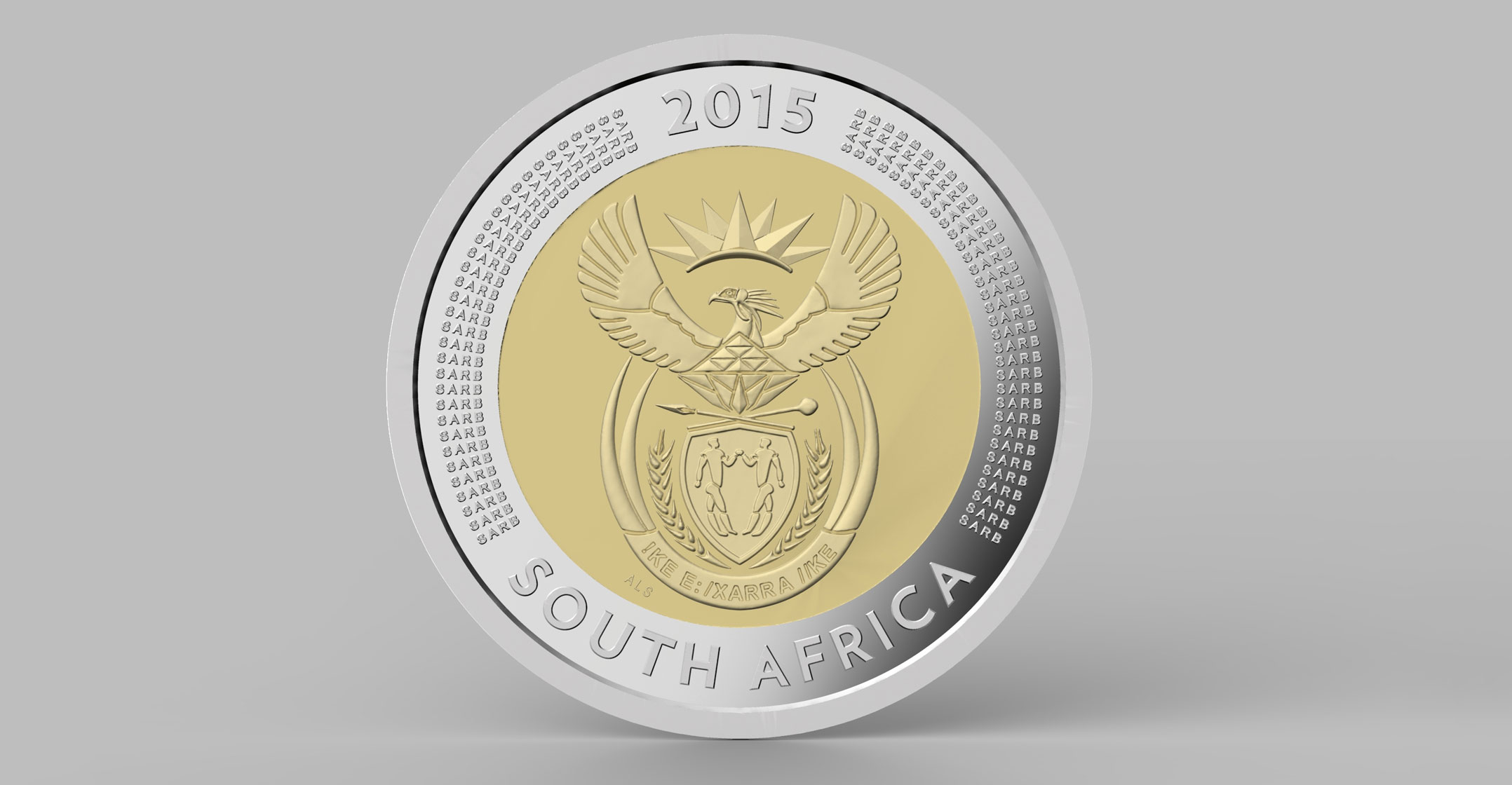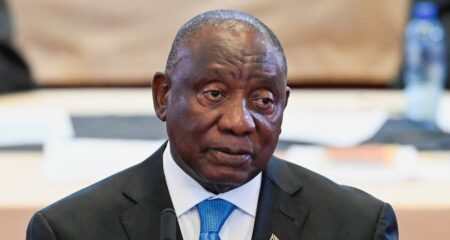 The rand dropped to a three-month low on Tuesday and local and hard currency bonds suffered, as concerns grew over escalating violence in the country following the jailing of former President Jacob Zuma.
The rand dropped to a three-month low on Tuesday and local and hard currency bonds suffered, as concerns grew over escalating violence in the country following the jailing of former President Jacob Zuma.
Protesters clashed with police in several areas of South Africa and looters ransacked shopping malls in the worst unrest in years after Zuma was sentenced to 15 months in prison for contempt of court during an investigation into high-level corruption. Troops were deployed to flashpoints and airports to help outnumbered police.
The rand slipped 1.2% to R14.40/US$, its lowest level since mid-April, while the currency’s volatility gauges hit multi-week highs.
Yields on 10-year local government bonds broke above 9% for the first time since late June, while longer-dated sovereign dollar-denominated bonds lost around 0.5c in the dollar.
“Protesting and riots at present add to the downside risk to Q3 GDP growth, which we already highlighted due to the adjusted level-4 lockdown restrictions,” said Gina Schoeman at Citi.
The rand has been one of the best performing emerging market currencies over the pandemic, also benefiting from a stellar rally in commodity prices. However, falls since Friday have reduced its gains since the start of the year to just 0.7%.
Supply chain
President Cyril Ramaphosa said on Monday evening the looting of shopping centres and pharmacies as well as supply-chain disruptions could lead to food and medicine shortages and obstruct the coronavirus vaccination drive.
The country’s main stock index gained 0.2% but underperformed the wider emerging market benchmark, which enjoyed a nearly 1% gain on the day.
US inflation data due later on Tuesday could possibly offer clues about the timing of US tapering and rate hikes, and add to pressure on emerging market currencies such as the rand. — Reported by Olivia Kumwenda-Mtambo and Karin Strohecker, with additional reporting by Marc Jones and Tom Arnold, (c) 2021 Reuters




